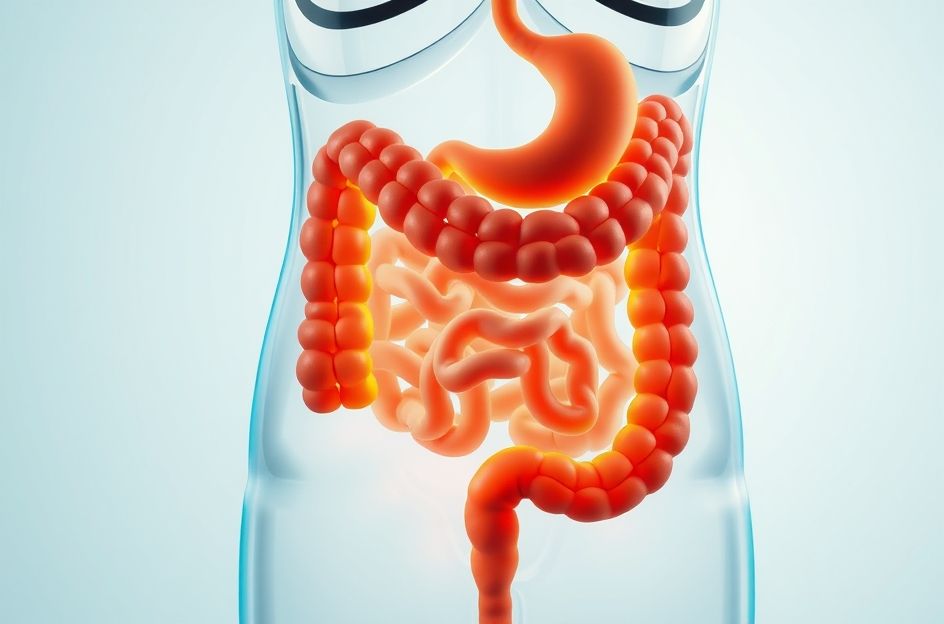Many doctors may not directly address your bowel regularity, possibly downplaying the importance of daily bowel movements. Some might even consider 2-3 bowel movements per week within a normal range. However, true regularity is crucial for overall health.
Even with one or more bowel movements daily, constipation can still be present. This occurs when fecal matter accumulates along the colon walls due to insufficient fiber intake, hindering complete elimination. Constipation, in essence, is the incomplete removal of waste from previous meals.
Spending excessive time (over 5-10 minutes) straining on the toilet indicates constipation. Prolonged straining can lead to hemorrhoids, varicose veins, and anal fissures.
Ideally, aim for a bowel movement after each meal. The first should occur upon waking or shortly after breakfast, typically within 20-30 minutes of eating. Subsequent bowel movements should happen throughout the day and possibly before bedtime.
D. Lindsey Berkson, in her book ‘Healthy Digestion the Natural Way,’ defines constipation as not having one to several daily bowel movements, or experiencing a prolonged intestinal transit time.
If you consume three meals daily but only have one or two bowel movements, undigested food from the later meals remains in your colon for an extended period.
When fecal matter lingers in the colon, excessive water and toxins are reabsorbed, leading to hardened stools. This makes it difficult for the colon to move waste, resulting in straining during bowel movements.
